Can the night-time economy bring better days for the City of London?
Square Mile has potential to be an epicentre of finance and culture
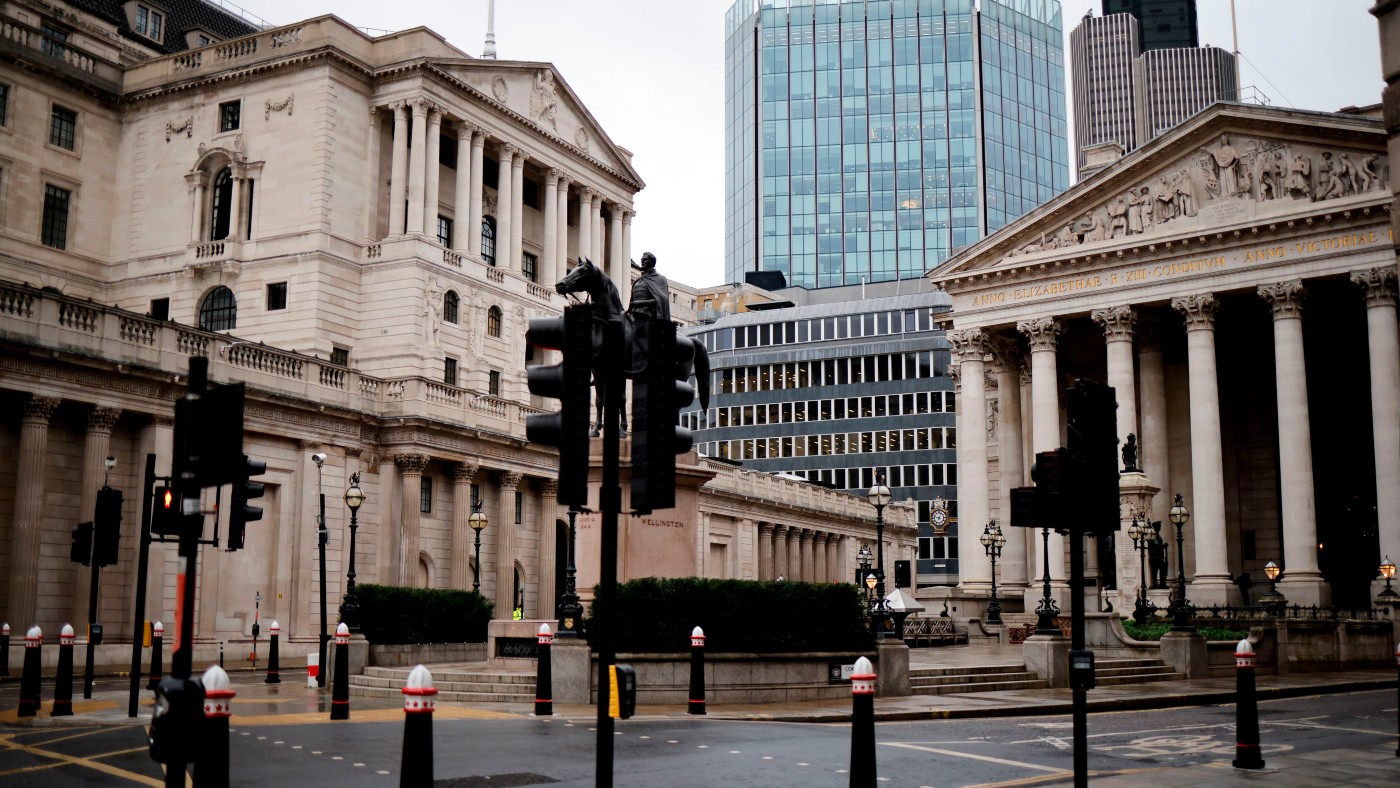
A free daily email with the biggest news stories of the day – and the best features from TheWeek.com
You are now subscribed
Your newsletter sign-up was successful
London’s Square Mile is eerily quiet as the capital remains in lockdown. Office workers are set up at home and shoppers are busy buying online as the shutters stay down on non-essential outlets.
High streets and commercial centres across Britain have been hugely affected by coronavirus restrictions which left many as ghost towns. And in the City of London this is more evident than most.
The financial district has “survived fire and plague in its centuries-long history”, says The Guardian. But with office workers, shoppers and tourists staying away, and buildings and streets left empty, will the Square Mile ever return to the way it was before Covid?
The Week
Escape your echo chamber. Get the facts behind the news, plus analysis from multiple perspectives.

Sign up for The Week's Free Newsletters
From our morning news briefing to a weekly Good News Newsletter, get the best of The Week delivered directly to your inbox.
From our morning news briefing to a weekly Good News Newsletter, get the best of The Week delivered directly to your inbox.
In pre-pandemic times more than half a million people worked in the Square Mile, but only 9,000 people live in the area. It’s a “tale of two cities”, said Catherine McGuinness, policy chair at the City of London Corporation, the local authority for the district.
‘Hybrid working’
According to research by commercial property firm Cushman & Wakefield, and George Washington University in the US, the number of office staff who will embark on “hybrid working” - where they split their time between different locations - is expected to double after the pandemic.
Eight in ten firms, up from three in ten pre-Covid, are expected to adopt hybrid working in the future, The Guardian reports. While just 10% of companies will promote an “office-first” culture.
A free daily email with the biggest news stories of the day – and the best features from TheWeek.com
As a result, it may not be daytime activities that bring back the hustle and bustle, but actually what happens after dark...
A finance and nightlife hub?
Writing in the FT’s Lombard opinion column, Jamie Powell suggests that the City of London should turn to the night-time economy for its revival, encouraging clubs and culture to fill empty office space.
Like London’s financial district, the UK’s night-time economy has also been ravaged by Covid. So could one solution potentially help both causes?
Repurposing empty offices and shops into housing has been suggested as one solution for the City’s recovery. But Powell says that the Square Mile should consider having a “makeover” as a nightlife hub.
With so few residents in the area “nimbyism” is “unlikely to be an issue in the City”, he said, but whether the Corporation is “willing to entertain night entertainment is another matter”.
Powell concludes: “The City of London needs to rethink its purpose and consider a second act. Or it may soon find the only flashing lights are those of photographers seeking their best shot.”
Mike Starling is the former digital features editor at The Week. He started his career in 2001 in Gloucestershire as a sports reporter and sub-editor and has held various roles as a writer and editor at news, travel and B2B publications. He has spoken at a number of sports business conferences and also worked as a consultant creating sports travel content for tourism boards. International experience includes spells living and working in Dubai, UAE; Brisbane, Australia; and Beirut, Lebanon.
-
 Why are election experts taking Trump’s midterm threats seriously?
Why are election experts taking Trump’s midterm threats seriously?IN THE SPOTLIGHT As the president muses about polling place deployments and a centralized electoral system aimed at one-party control, lawmakers are taking this administration at its word
-
 ‘Restaurateurs have become millionaires’
‘Restaurateurs have become millionaires’Instant Opinion Opinion, comment and editorials of the day
-
 Earth is rapidly approaching a ‘hothouse’ trajectory of warming
Earth is rapidly approaching a ‘hothouse’ trajectory of warmingThe explainer It may become impossible to fix
-
 Gopichand Hinduja and the rift at the heart of UK’s richest family
Gopichand Hinduja and the rift at the heart of UK’s richest familyIn The Spotlight Following the death of the patriarch, the family’s ‘Succession-like’ feuds are ‘likely to get worse’
-
 Britishvolt: how Britain’s bright battery hope was zapped
Britishvolt: how Britain’s bright battery hope was zappedfeature Battery-making startup’s demise ‘has thrown up tales of reckless spending’ and incompetence
-
 Sam Bankman-Fried: the arrest of the disgraced crypto crusader
Sam Bankman-Fried: the arrest of the disgraced crypto crusaderfeature The founder of the failed crypto exchange FTX was arrested on Monday
-
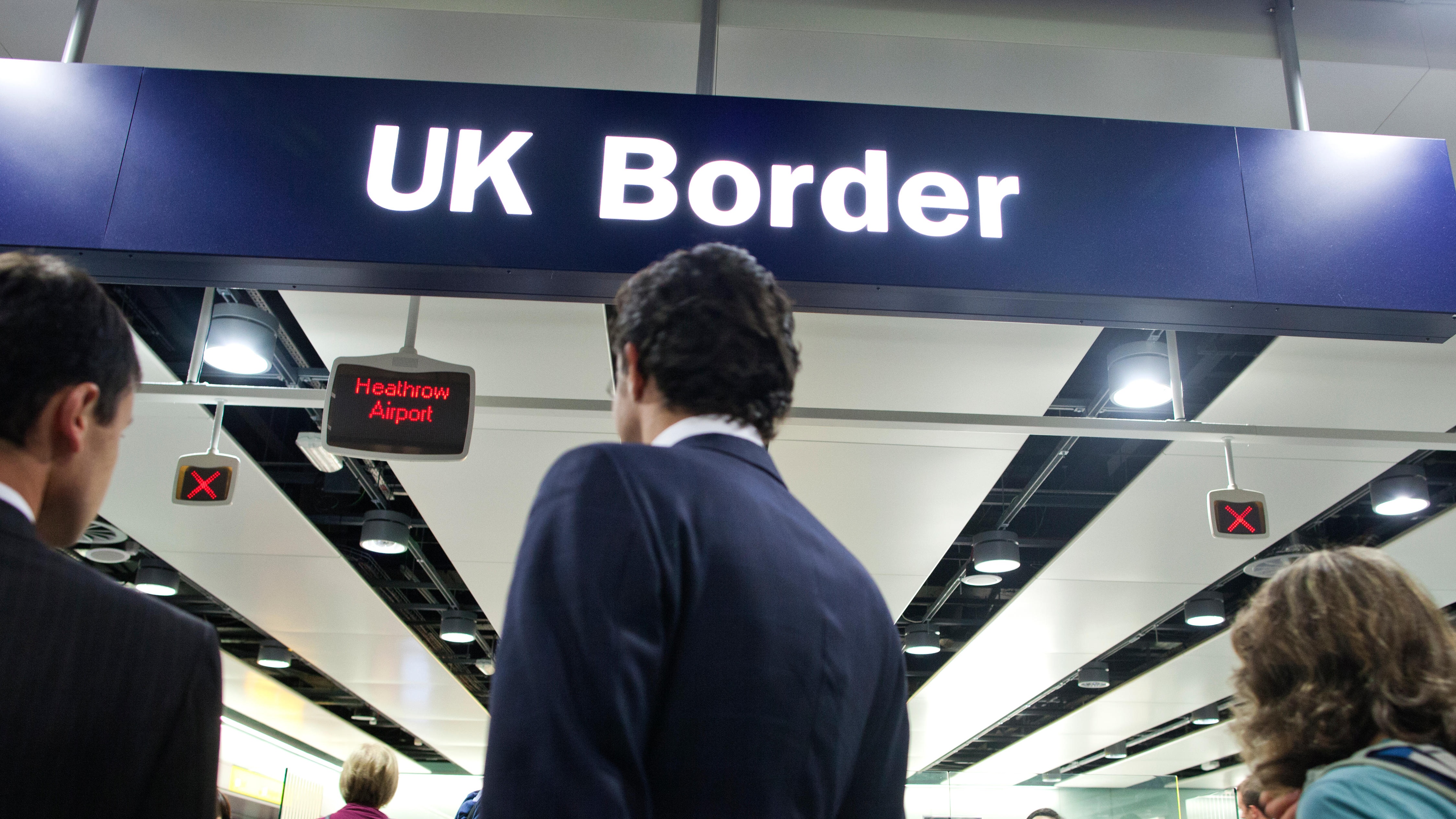 The UK’s migration ‘surge’ examined
The UK’s migration ‘surge’ examinedfeature 1.1 million people migrated to the UK last year, according to the latest ONS data
-
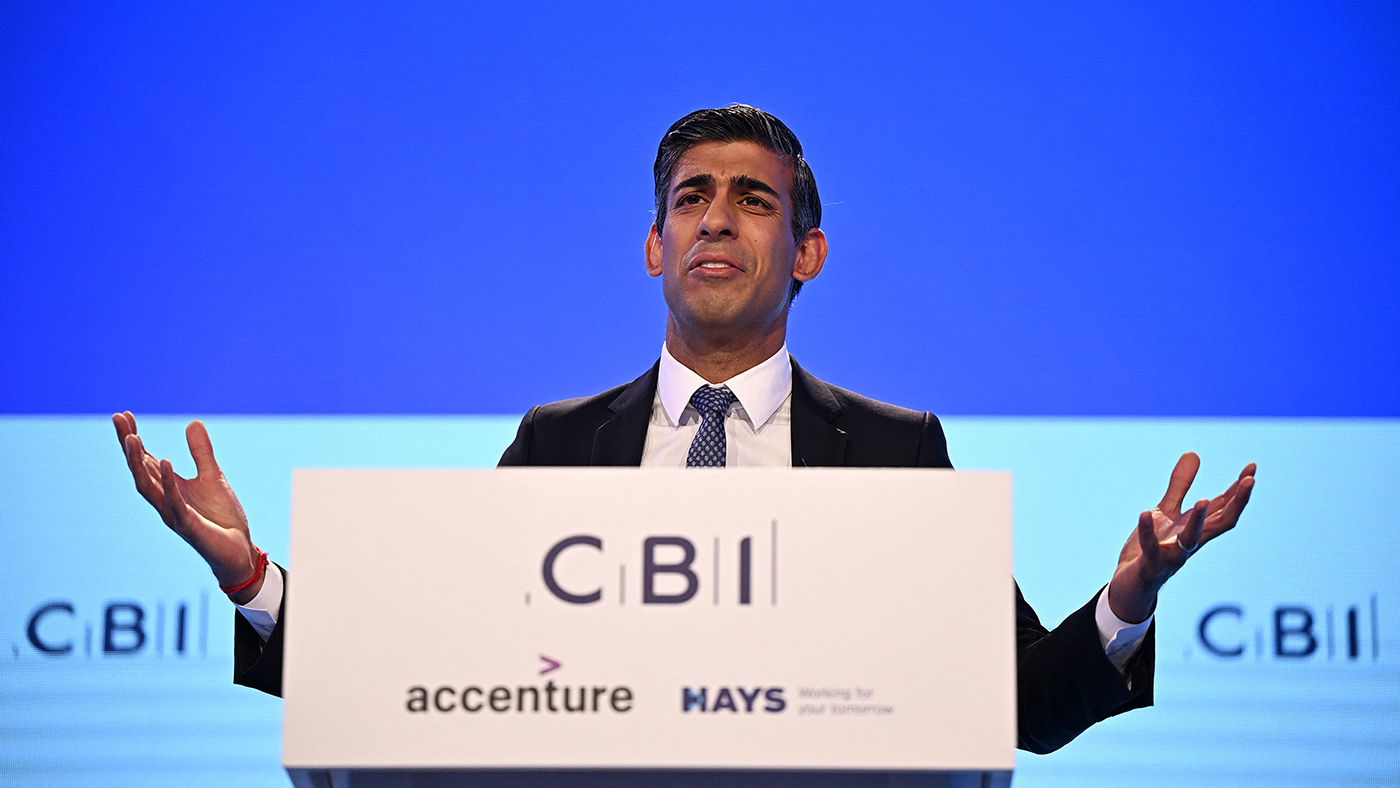 Why UK companies are facing a dystopian, zero-growth future
Why UK companies are facing a dystopian, zero-growth futurefeature In prioritising stability, the Treasury risks ‘stifling enterprise and entrepreneurship’
-
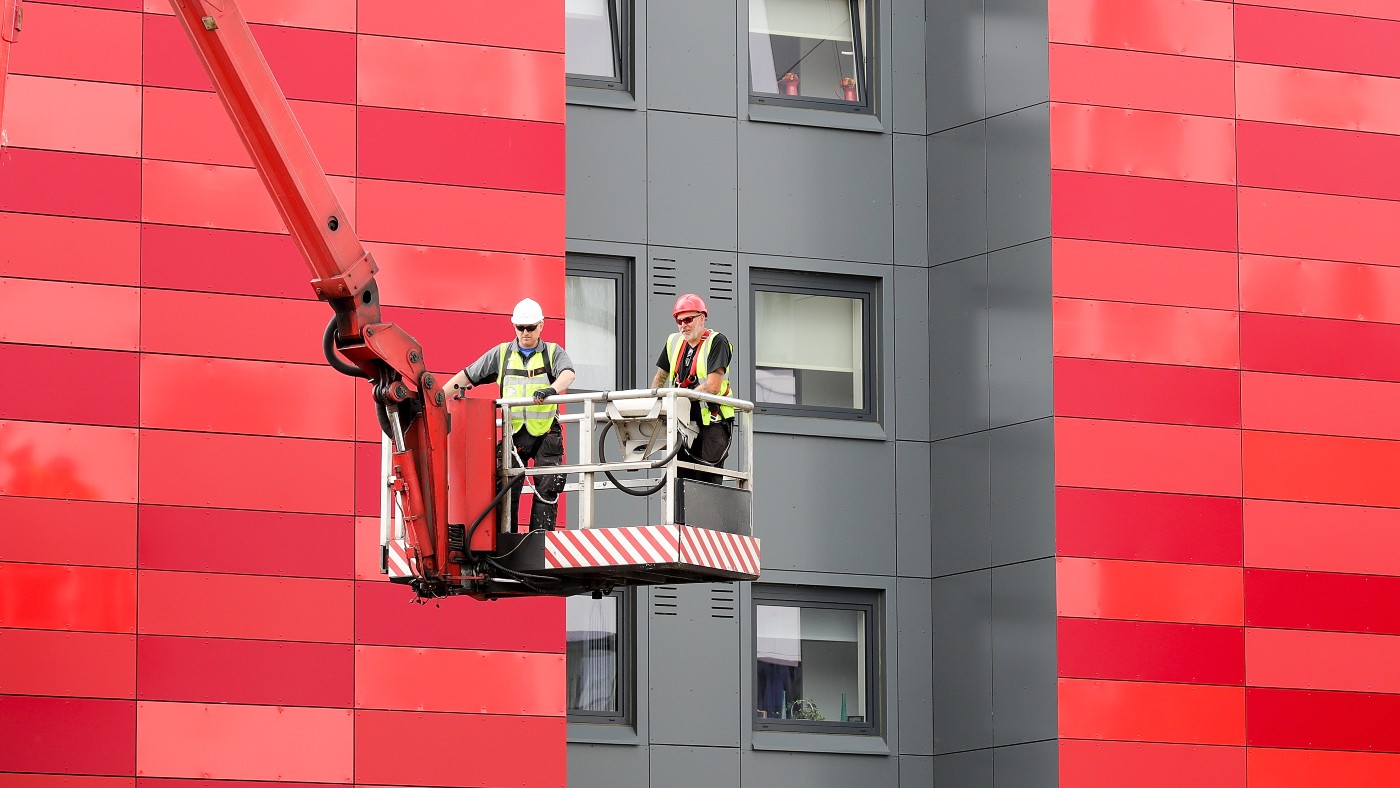 UK builders: drawing a line under the cladding crisis?
UK builders: drawing a line under the cladding crisis?feature Michael Gove’s threat to builders may be paying off
-
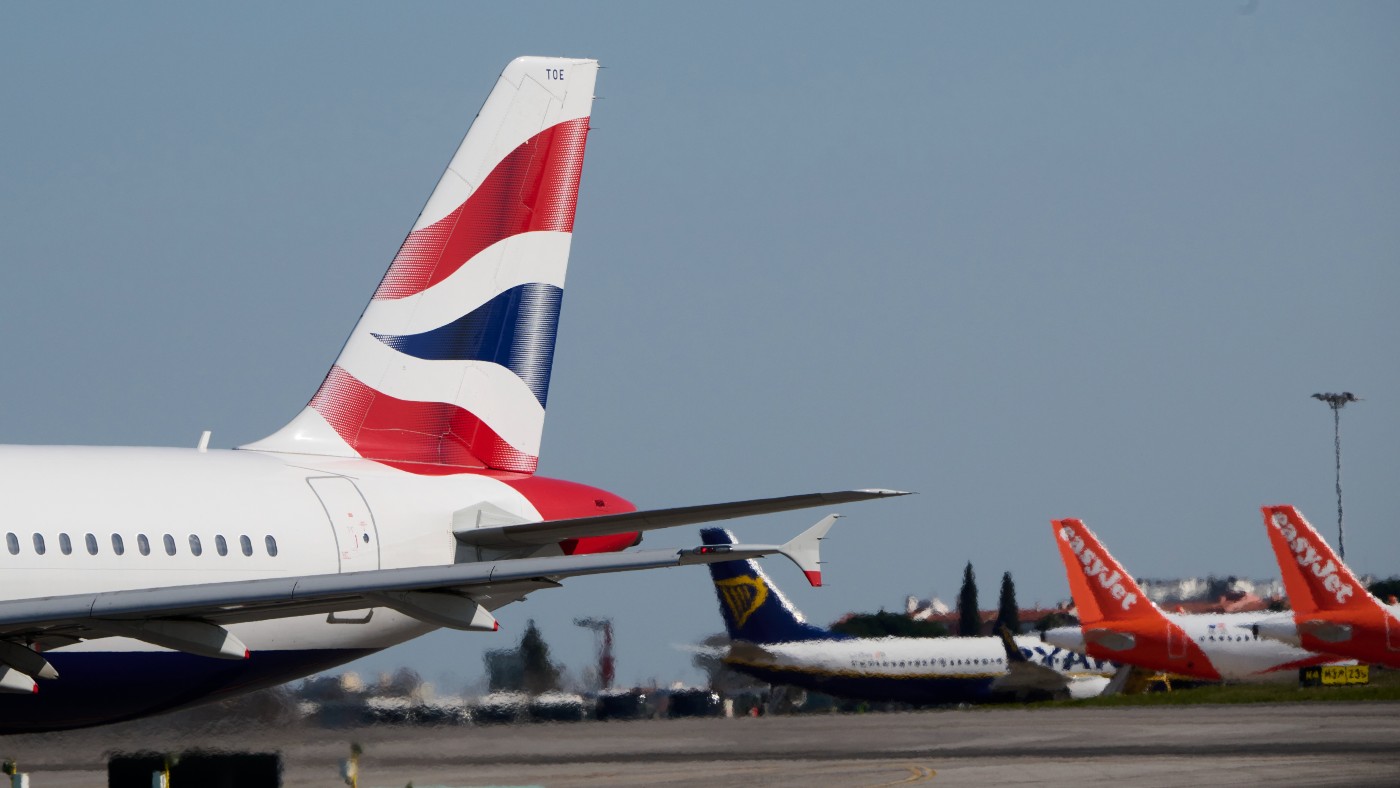 Travel is back: is the UK aviation industry ready for the big take-off?
Travel is back: is the UK aviation industry ready for the big take-off?feature After two years of chaos caused by Covid-19, airports and airlines are now hit by a staffing crisis
-
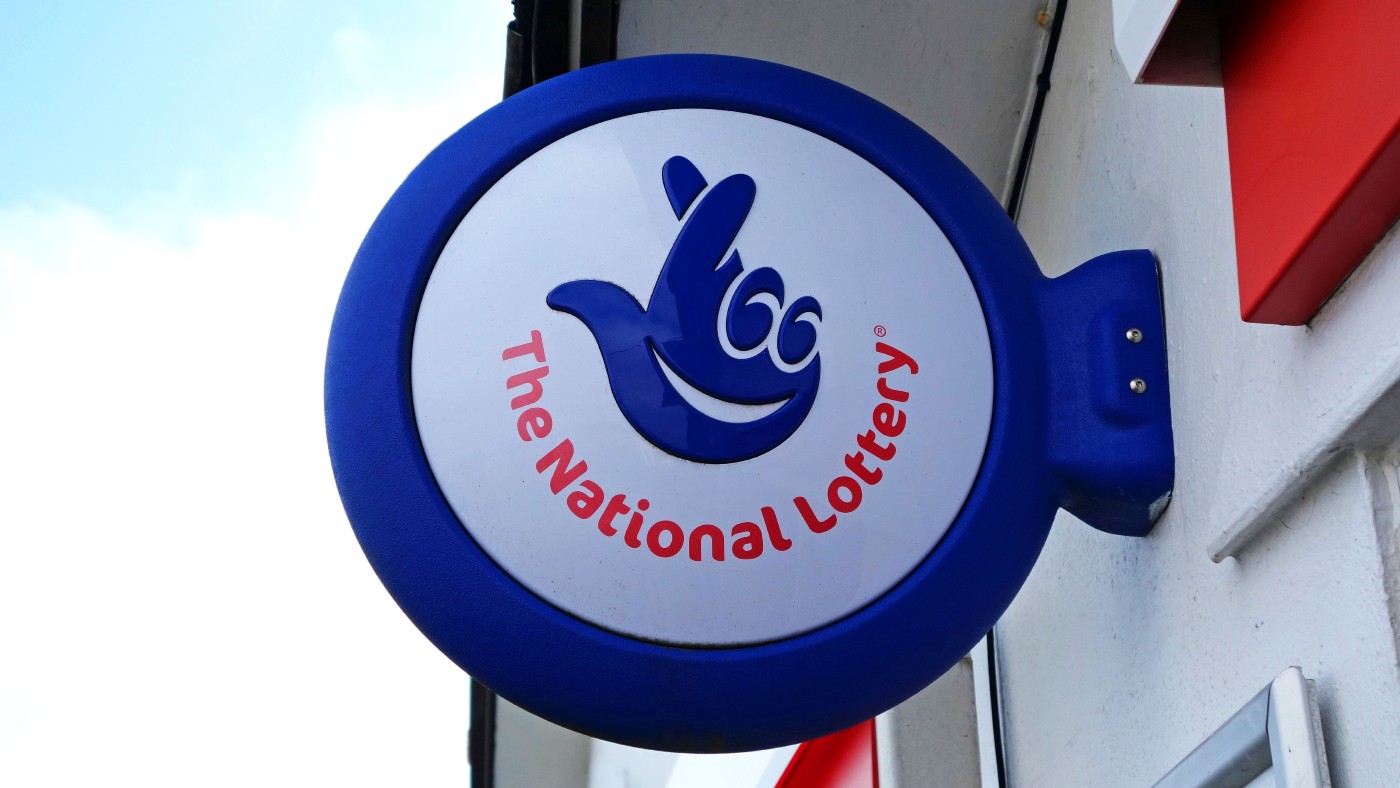 National Lottery operating licence: and the winner is…
National Lottery operating licence: and the winner is…feature Camelot has ‘outlasted five prime ministers’, but following a hotly contested bidding process, it has finally been toppled